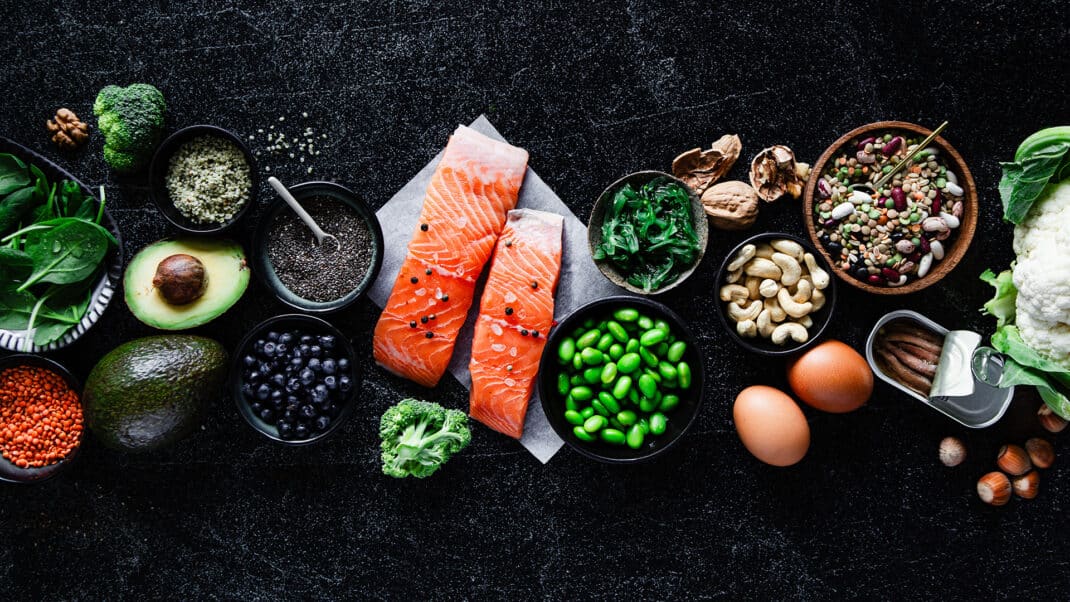Eating Comfort Food for Stress Increases Cravings
Research shows why periods of stress cause us to want a treat, or two.

While some people tend to eat less when feeling stressed out, most of us typically eat more than usual, choosing calorie-rich options high in sugar and fat. As reported in the journal Neuron scientists at the Garvan Institute of Medical Research in Australia have found a possible mechanism: when people combine stress with calorie-dense so-called “comfort food”, it can spark changes in the brain that further heighten cravings for poor-quality foods. More specifically, chronic stress can override the brain’s natural response to satiety (feeling full and satisfied), which can lead to switched-on reward signals promoting the consumption of more highly palatable food.
This occurs in a region of the brain called the lateral habenula, which, when activated, usually dampens such reward signals. But during periods of high stress this area remains silent—allowing the reward signals to stay active and encourage eating “comfort food” for pleasure. This research highlights the importance of not only trying to mitigate stressors in our lives, but also trying to make wiser dietary choices during times of stress. Doing so will help us to avoid ramping up cravings for nutritionally suspect foods that can lead to weight gain and poor health outcomes, which, yes, will lead to more stress.
See also: Coping Through Stress to Flourish
Matthew Kadey, MS, RD
Matthew Kadey, MS, RD, is a James Beard Award–winning food journalist, dietitian and author of the cookbook Rocket Fuel: Power-Packed Food for Sport + Adventure (VeloPress 2016). He has written for dozens of magazines, including Runner’s World, Men’s Health, Shape, Men’s Fitness and Muscle and Fitness.





